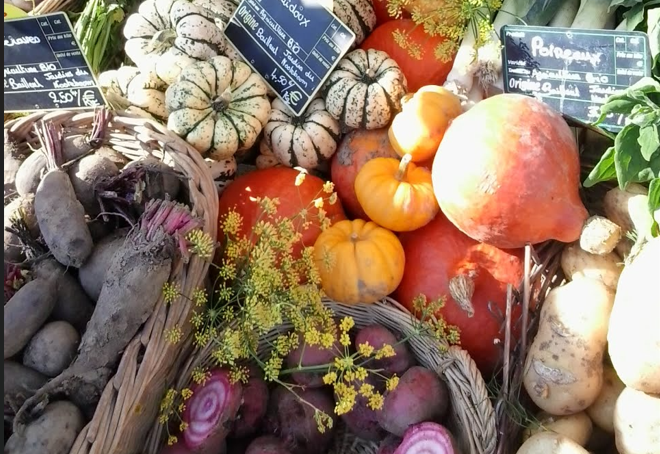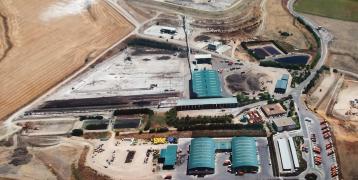From biowaste to resource I: exploring methods to increase biowaste collection

This webinar has ended. You can watch the recording, access the presentations and discover the key learnings in this follow-up article.
On 23 April 2024, the Policy Learning Platform is hosting the first episode of the webinar series from waste to resource: biowaste collection and treatment. Join us for the first session on exploring methods to increase biowaste collection from 14:00 to 15:30 CEST.
Across the European Union, somewhere between 118 and 138 million tons of bio-waste are generated every year, of which currently only about 40% is effectively recycled into high-quality compost and digestate. As up to 50% of municipal solid waste is organic, the bio-waste fraction plays an important role in the transition to circular economy.
The revised Waste Framework Directive requires a separate biowaste collection or recycling at the source by 31 December 2023 (Directive 2018/851/EU, §10). This means that all municipalities should have now implemented a separate biowaste collection scheme.
This series of two consecutive webinars aims to inspire local and regional policymakers from all across Europe with practical solutions related to biowaste collection and treatment.
Join our first episode to learn from inspiring solutions, good practices, guidance and recommendations backed by real-life examples from Interreg Europe projects.
What you can expect
Keynote speech
Keynote speech by Manon Jourdan, Zero Waste Europe, Brussels, Belgium on how to best collect biowaste
Interreg Europe Good practices
- Presentation by Elin Elfström, Municipality of Söderhamn (Sweden) on Food waste collection and anaerobic digestion system for biogas and biofertilizer (CORE)
- Presentation by Kimmo Rinne, Salpakierto Municipal Waste Management Company (Finland) on Improving the collection of biowaste from detached houses (CECI)
- Presentation by Ana Lopes, LIPOR (Portugal) on PAYT schemes and self-sustainable financing models for biowaste collection – experience from a peer review (tbc)
